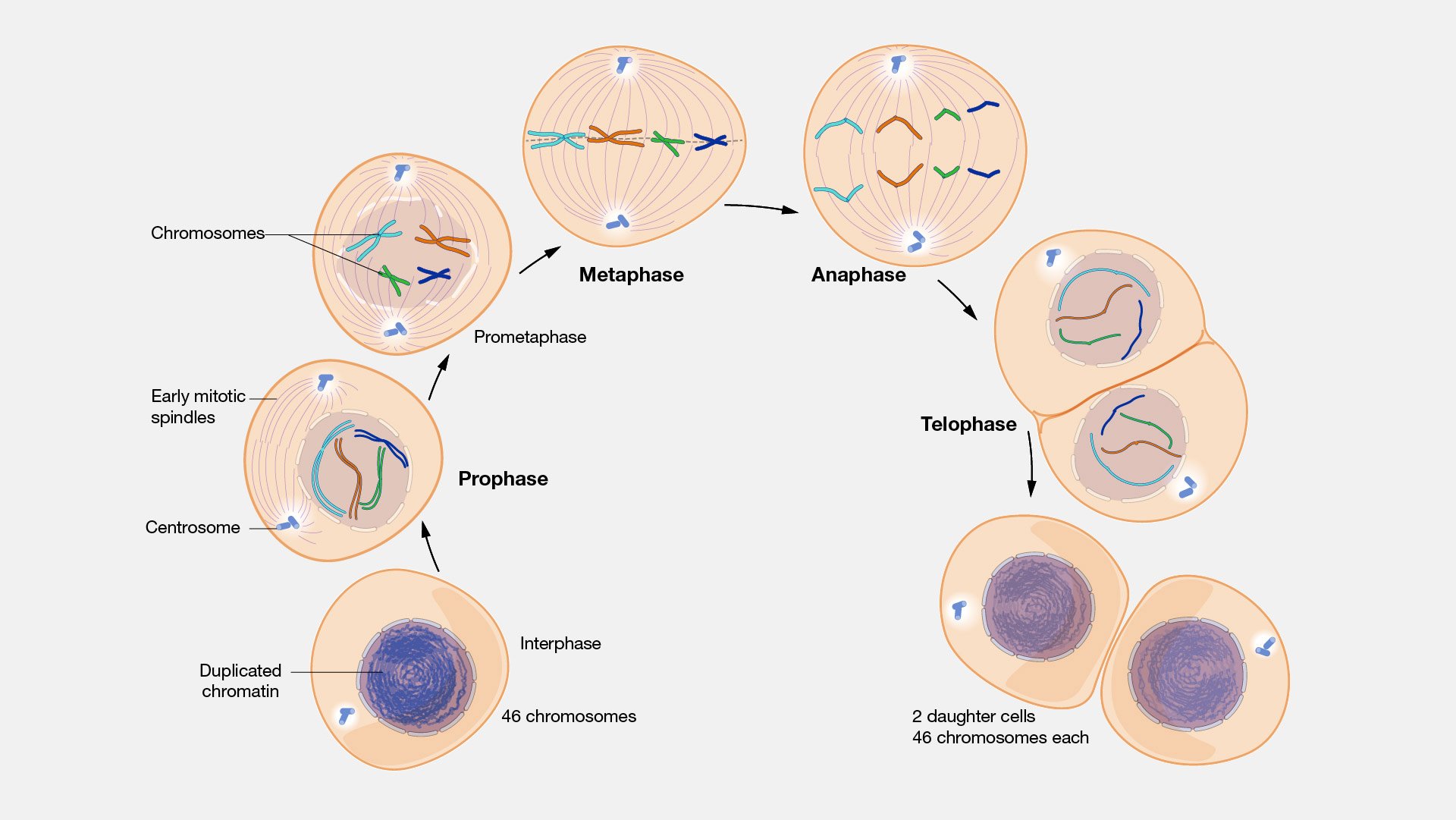
Misleading: The claim is based on the anecdotal evidence of a cancer patient who underwent remission after taking fenbendazole. What’s often not mentioned is the fact that the patient was receiving conventional cancer treatments at the same time, which could also have contributed to the remission.

FULL CLAIM: Fenbendazole cures cancer
REVIEW
Posts claiming that a dog deworming medicine called fenbendazole cures cancer in people have gained traction on social media. Much of this is based on the anecdotal account of an American man named Joe Tippens (see examples of Facebook posts here and here, and TikTok videos here and here), who was diagnosed with a type of lung cancer and whose cancer went into remission after he began taking fenbendazole on a veterinarian’s recommendation. Some of these posts received millions of views on social media platforms.
However, there’s insufficient evidence for this claim, as we will explain below.
Some studies in cell cultures and animals suggest fenbendazole has anticancer effects but evidence in humans is lacking
Fenbendazole acts by interfering with the formation of microtubules, a component of the protein scaffold in cells. Textbook depictions of cells commonly portray what appear to be various cellular components (organelles) floating in amorphous bags of liquid. In reality, cells establish shape and structure through the cytoskeleton, which comprises microtubules, which are in turn made up of a protein called tubulin.
Highly dynamic in nature, the cytoskeleton can be assembled and disassembled as the cell needs, for example, when the cell needs to change its shape to move through narrow spaces or when the cell needs to transport various organelles or cargo on the inside.
This animation, titled “The Inner Life of a Cell”, captures the complex and dynamic environment inside a cell. Microtubules and the cytoskeleton can be seen at multiple points in the video; the assembly and disassembly of microtubules is shown at the 1:07 mark. The animation is the product of a collaboration between Harvard University and XVIVO Scientific Animation.
Microtubules are also critical for cell division (mitosis), as they are needed to correctly distribute chromosomes to daughter cells generated during mitosis.

Figure 1. The different phases of cell division (mitosis) in a human cell. Note how chromosomes are lined up at metaphase and divided equally at anaphase. The even separation of chromosomes is achieved through a structure called the mitotic spindle, which is made up of microtubules. Source: U.S. National Human Genome Research Institute.
Thus, drugs that interfere with microtubule activity block important processes for cellular activity and growth, and this explains how fenbendazole and other similar drugs kill parasites.
Some studies suggest that fenbendazole could have anticancer effects.
A study published in 2018 in the journal Scientific Reports observed that fenbendazole could block proliferation and promote cell death in cancer cells growing in the laboratory (in vitro)[1]. A 2021 press release by Johns Hopkins Medicine reported that its researchers found mebendazole, another antiparasitic drug that is similar in action to fenbendazole, could slow down pancreatic cancer progression in mice. And another drug called benzimidazole carbamate, which belongs to the same family as fenbendazole, could reduce breast cancer cell proliferation in vitro[2].
However, a living human is very different from cells growing in petri dishes and animals, so making the leap from the laboratory to the bedside takes more than just in vitro and animal studies. In a 2019 podcast by the nonprofit BreastCancer.org, Brian Wojciechowski, an oncologist at Crozer Health, pointed out that many drugs show effectiveness in mice but fail during clinical trials in humans.
In fact, failure is the norm for prospective anticancer drugs in trials, not the exception: an analysis of clinical trials showed just a 3.4% success rate for anticancer drugs[3]. And there’s currently no evidence from randomized controlled trials in humans showing that fenbendazole effectively treats cancer in people.
The nonprofit organization Cancer Research UK told Full Fact that “There is insufficient evidence that fenbendazole can cure cancer. The drug has not gone through any clinical trials to find out if it is a safe or effective treatment”.
The U.S. Food and Drug Administration told PolitiFact that fenbendazole isn’t authorized or approved for treating or preventing cancer.
Tippens was receiving conventional cancer treatments while taking fenbendazole
The lack of evidence for Tippens’ claim hasn’t prevented it from going viral online. In fact, the claim received much attention in South Korea, as documented by researchers, leading fenbendazole to be sold out at pharmacies across the country.
What many weren’t aware of, however, was the fact that by his own account, Tippens was enrolled in a clinical trial for a cancer drug at the MD Anderson Cancer Center in the U.S. and had been receiving other conventional cancer treatments, including chemotherapy and radiotherapy, while taking fenbendazole. Given the lack of a control group and the combination of therapies he received at the time, it’s impossible to reliably attribute his improvement to fenbendazole alone.
Moreover, fenbendazole’s mechanism of action isn’t unique. There are already approved drugs that act in the same way as fenbendazole, such as paclitaxel and vincristine (see here and here). Unlike fenbendazole, these have been tested in humans during randomized clinical trials and shown to be effective against various types of cancers.
Wojciechowski stated that fenbendazole is “a very interesting drug”, but that it’s not recommended to take it “until we have the studies in human beings and we know if it really works or if it’s safe”. He also added that “we do have chemo drugs that are out now that target the microtubules just as fenbendazole seems to do. So if a patient asked me about it I would probably go in that direction”.
Conclusion
This review doesn’t dispute that Tippens experienced cancer remission after taking fenbendazole, but aims to highlight the fact that this experience alone isn’t sufficient evidence for the claim that fenbendazole cures cancer.
As we showed above, there could have been other causes of his remission—such as the conventional cancer treatments he received—which aren’t being accounted for. And Tippens’ anecdotal experience may well be a statistical outlier and therefore isn’t generalizable to other cancer patients. In order to arrive at more reliable conclusions, randomized controlled trials involving large numbers of patients would need to be performed first.
While there are some studies showing that fenbendazole can slow down cancer cell growth in cell cultures and animals, and researchers consider further research in this area to be valuable, there currently isn’t sufficient evidence showing that fenbendazole can cure cancer in humans.
READ MORE
This claim occasionally goes hand in hand with the claim that cancer is caused by parasites, which Health Feedback found to be incorrect in a previous review.
REFERENCES
- 1 – Dogra et al. (2018) Fenbendazole acts as a moderate microtubule destabilizing agent and causes cancer cell death by modulating multiple cellular pathways. Scientific Reports.
- 2 – Graff et al. (2023) Benzimidazole carbamate induces cytotoxicity in breast cancer cells via two distinct cell death mechanisms. Cell Death Discovery.
- 3 – Wong et al. (2019) Estimation of clinical trial success rates and related parameters. Biostatistics.


